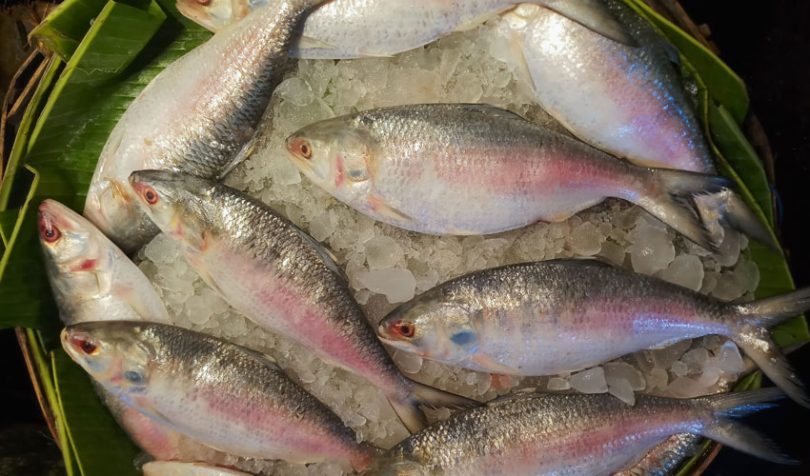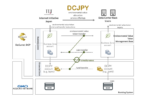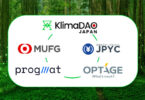The National Fisheries Institute (NFI) has announced that it’s working with IBM’s Food Trust to spearhead the first multi-company attempt to introduce blockchain technology to the seafood supply chain. The pilot project is being funded by the Seafood Industry Research Fund (SIRF).
The NFI hopes that blockchain technology will enhance the traceability of seafood. Companies that belong to the NFI will be able to upload data to the IBM Food Trust platform and control access to that data.
To date, the IBM Food Trust has mainly worked with food suppliers, brands and grocery retailers including Walmart, Carrefour, Nestlé and Unilever. The SIRF hopes that by introducing the technology to the NFI, they will discover how it “can help seafood businesses generate revenue and reduce costs, from harvest to distribution”, according to SIRF chairman Sean O’Scannlein.
IBM’s system provides a secure, permanent record of every step of the supply chain. Users can share audits and quality certifications. By supplying this information from source to table, consumers can be confident in the sustainability of their seafood.
This is indeed a problem, as it is estimated that 20% of the world’s fish is mislabeled. For companies that rely heavily on brand, guaranteeing the traceability of the product is paramount.
In Norway consulting firm EY Skye addressed the labeling issuing in a separate project using SAP’s blockchain. Norwegian salmon represents 59% of the world’s farmed salmon. EY Skye implemented a blockchain system to guarantee the traceability of the salmon, and to eliminate fish fraudulently claiming to be Norwegian. However, at the time, EY Skye emphasized the need for many companies to work together.
Other individual firms using blockchain technology to trace their products include U.S. seafood brand Bumble Bee and Swiss company Gustav Gerig.
The NFI’s venture with IBM’s Food Trust is emulating these individual actions across the entirety of its membership and different types of seafood, intending to increase efficiency and transparency on a broader scale.
Increasing transparency is hoped to enable consumers to have full confidence in the sustainability of their seafood sources. Indeed, Globescan recently conducted a survey in which 72% agree that we should consume fish from sustainable sources to preserve the oceans. Furthermore, 83% believe we should protect seafood for future generations.
By guaranteeing traceability, the IBM Food Trust claims it can help companies better manage their supply chains, cut down on waste and prevent fraud.







